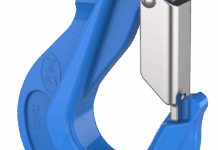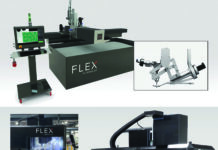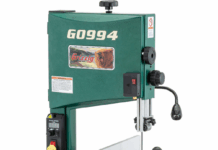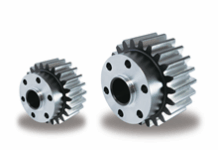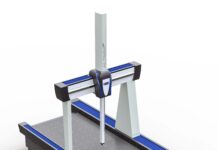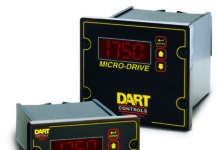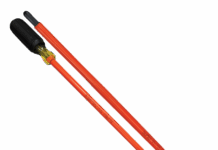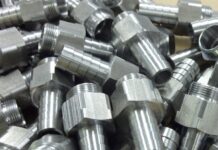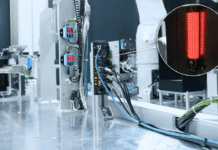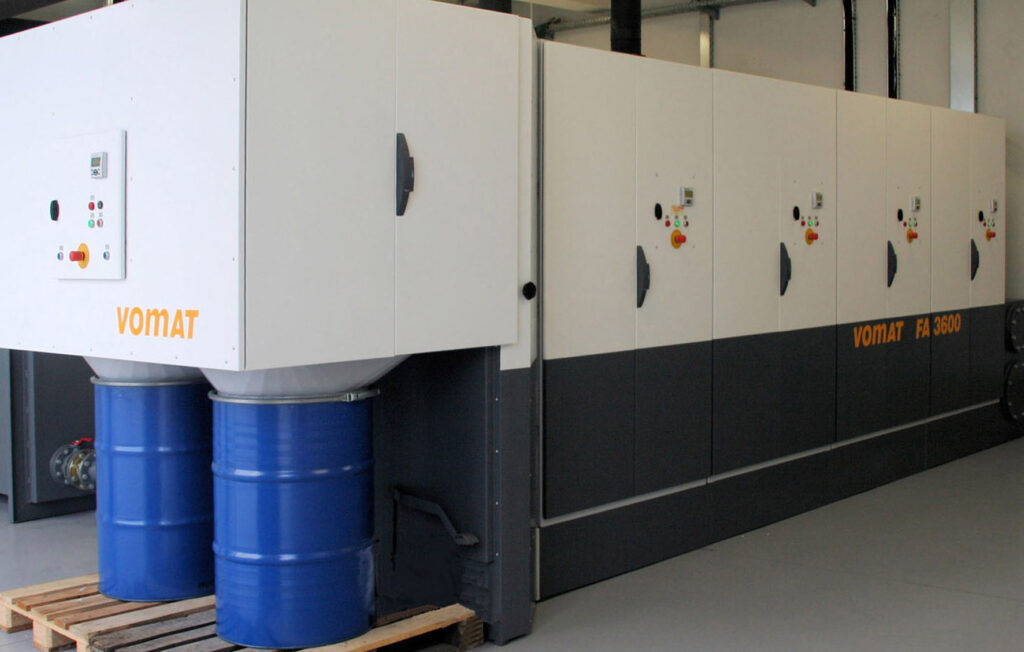 Climate protection – The challenges for society and industry are enormous. Resource-conserving production, sustainability, climate and environmental protection and the task of reconciling all these demands with economic efficiency while generating profits is challenging. The potential to reduce the ecological footprint in many production plants is often not fully maxed out. One example is metal processing, especially tool grinding. Those who, in addition to state-of-the-art grinding technology, also rely on the right coolant filtration can produce more sustainably.
Climate protection – The challenges for society and industry are enormous. Resource-conserving production, sustainability, climate and environmental protection and the task of reconciling all these demands with economic efficiency while generating profits is challenging. The potential to reduce the ecological footprint in many production plants is often not fully maxed out. One example is metal processing, especially tool grinding. Those who, in addition to state-of-the-art grinding technology, also rely on the right coolant filtration can produce more sustainably.
“Political commitment or the setting of goals is not enough. What is needed now is a solid action plan and the right market-based incentives to switch to alternative and climate-friendly technologies,” says Steffen Strobel, Technical Sales Manager of the mechanical engineering company and filter manufacturer VOMAT in Treuen/Germany.
“Today many of our customers in the tool industry already want to grind their tools in the most resource-efficient way possible. In sales or planning meetings, they are increasingly asking whether our filter systems can contribute to sustainability in production in addition to being highly efficient and contributing to quality. Yes, as a manufacturer of ultra-fine filtration technology, we provide technological solutions that give tool manufacturers many impulses for resource-saving coolant fine filtration”.
Exploiting Optimization Potentials
In tool grinding, the filtration system provides the grinding process with lubrication and cooling in a pre-defined purity and volume flow. The heart of this system is the filtration of the cooling lubricant. Optimally filtered cooling lubricants have many positive influences on the manufacturing of cutting tools. In particular, they make the grinding process more economical and contribute to achieving high quality finished tools. Coolant lubricants, which no longer need to be changed as often, not only help to reduce maintenance time, but also lower the costs of fluid purchase, storage, recycling and energy consumption.
“To guarantee high levels of production efficiency with a quality outcome – and to exploit rationalization and sustainability potentials – VOMAT provides high-performance filtration systems that combine all these technical advantages despite their compact design and small footprint,” says Strobel:.
VOMAT manufactures filtration solutions – from small stand-alone units to large-scale industrial central systems – which separate 100 percent of dirty and clean oil in full flow by means of durable high-performance pre-coat filters. The purity achieved is 3 – 5 µm (NAS 7 standard). State-of-the-art filter, cooling and disposal technology – including HSS pre-filter systems for mixed processing if required – ensure economic and ecological success. In addition, VOMAT filters are low-maintenance and, due to their compact design, take up little valuable production floor space.
Adapted Filtration Performance to The Production Process
In VOMAT systems, the filter flow and backwash cycles are automatically controlled as required. This extends the service life of the filter elements and saves energy and costs. According to VOMAT, many conventional systems on the market permanently filter at full filtration capacity, even if this is not absolutely necessary. VOMAT systems on the other hand adapt to the production process. If, for example, the grinding machine runs at a slower speed, only the required amount of coolant is filtered.
If a VOMAT central system provides filtration for several grinding machines, and some are not in operation, the filter capacity automatically adapts to the machining volume. At the same time, less cooling capacity is required. This reduces the energy consumption even further.
During cleaning in full-flow mode, the demand-oriented backwash cycle provides further advantages: With VOMAT filters, the backwash cycles are triggered by the degree of filter cartridge contamination. Once the relevant values are reached, the backwashing process begins, during which each filter is backwashed individually and with a time delay. The other filters ensure a continuous supply of clean oil. In the disposal unit, the dirty oil is separated from the sludge and then fed into the dirty oil tank. This fully automatic control of the filtration system keeps energy and operating costs low.
In addition, VOMAT technology controls the temperature of the coolant during the grinding process within a range of ± 0.2 K. The high-precision temperature controls keep the coolant temperature always constant within the pre-selected range. This means that the grinding oil in use will have a long life cycle. VOMAT systems permanently cool down the coolant during continuous operation. VOMAT offers various design options for their cooling systems, such as pallet- mounted units for easy removal and re-assembly on site without service personnel, and auxiliary units with external condenser for cooling.
Another option is a cold water-operated cooling system with a closed loop piping system, such as the VOMAT’s modular and expandable KWS 250 chiller is equipped, complete with circulating pump and Eaton controls. The cooling capacity is 250 kW for brine operation with a control accuracy of +/-1.0 K. The unit does not require a buffer storage tank and can be installed in industrial outdoor areas. The VOMAT KWS 250 is very energy-efficient and ensures high-precision temperature control”.
“Thanks to the on demand backwashing technology and the highly accurate temperature control,” says Strobel, “the service life of each individual filter cartridge as well as all machine components is significantly increased. The optimal cleaned coolant can remain in the system for extended periods of time, which saves money and energy.”
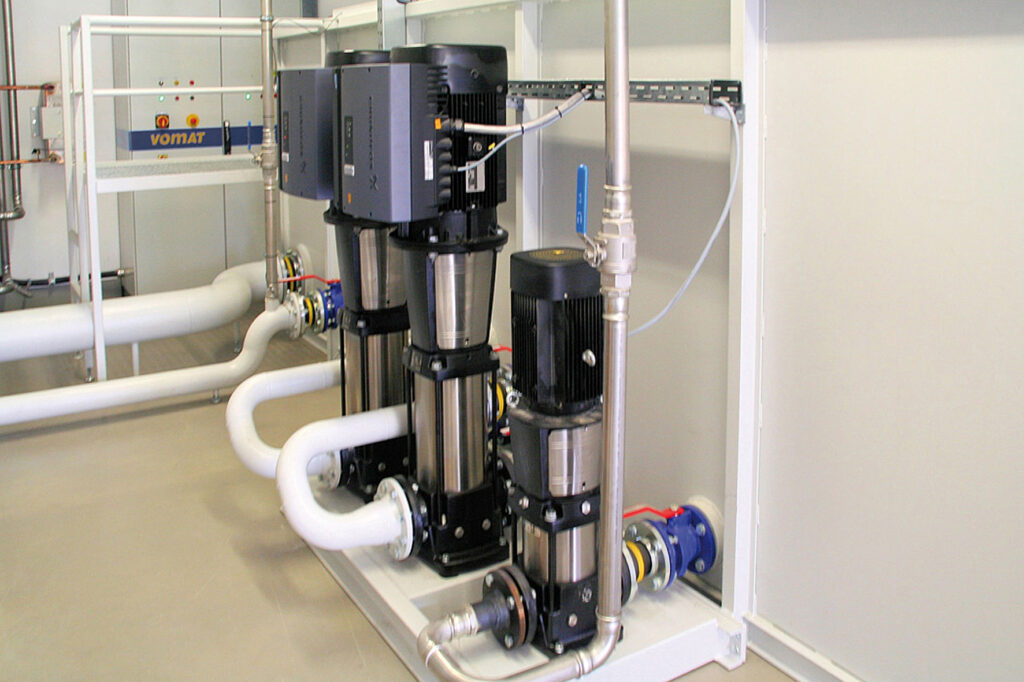 Efficient Recycling of Valuable Materials: Getting The Most Out of Your Coolant
Efficient Recycling of Valuable Materials: Getting The Most Out of Your Coolant
Not only advanced high-performance filters, which clean coolants extremely well, ensure energy efficiency, but an automatic sedimentation system also allows for sustainable recycling. Thanks to the proprietary design features of the VOMAT system, the grinding sludge has a residual moisture content of only five to ten percent after settling. The filter system can continue to operate during the removal and disposal of recyclable material. The sludge is deposited directly into transport containers provided by the recycling company. Contamination by filter aids such as cellulose or residues of paper bands are eliminated with the VOMAT technology. This not only saves money but also resources and the environment.
VOMAT ultra-fine filtration units can be used for tool grinding machines processing carbide and HSS-steel or for a mix of the two. VOMAT systems are available in various sizes: standard flow rates are 70 liters/minute, 120 to 420 liters/minute and 480 to 960 liters/minute. In addition, customer-specific system configurations can be built up to capacities of an industrial central system.
The systems can be adapted to customer-specific or increased individual requirements by means of various expansion modules, such as special cooling concepts, machine pumps, additional tanks and recycling options.
Multi-talent vacuum belt filter (UBF)
“Another example of our market-driven, sustainable filtration technology is the new UBF vacuum belt filter for the filtration of water-based coolants, emulsions and grinding oils in the smallest of spaces,” says Strobel.
With the VOMAT UBF, ferrous and non-ferrous alloys, HSS, disc abrasion, binders, etc. can be filtered from cooling lubricants – such as water-based media – without a pre-filtration system to a filter fineness of 10 to 30 µm.
According to VOMAT, the compact UBF unit is extremely easy to maintain and, due to a special belt guide design, takes up about 70 percent less space than conventional systems. In comparison to other systems on the market, VOMAT provides three times as much filtration capacity per square meter of production area.
“Our systems manage the balancing act between productivity and environmentally friendly production,” says Steffen Strobel. “Sustainability also means to get the most out of the entire production process. The bottom line is that VOMAT technology saves many resources such as machines, working time, space, energy and raw materials.”






